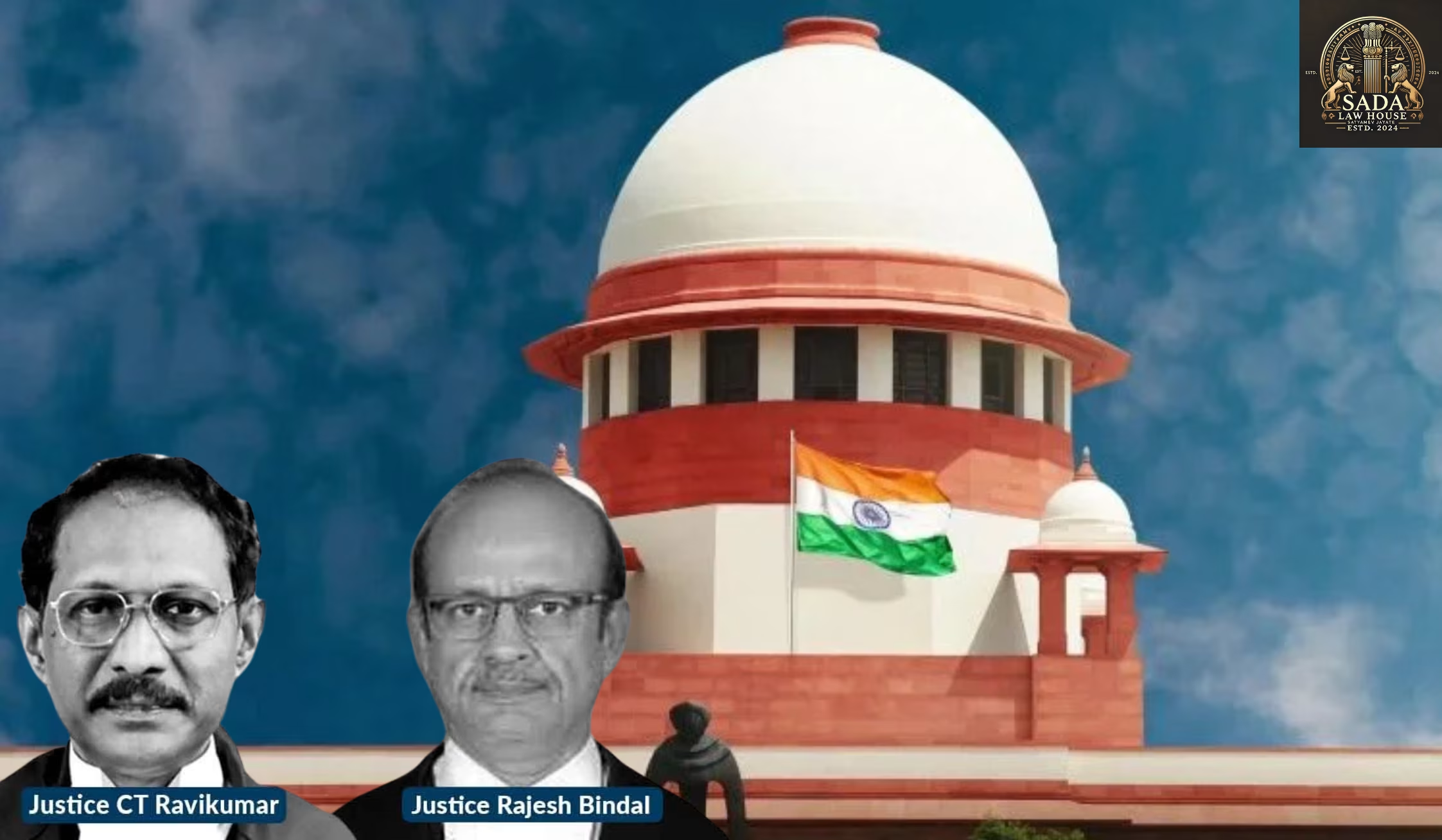Supreme Court Forms Committee to Manage Overcrowding and Ban Illegal Mining in Ranthambore Tiger Reserve
- Prabhat Kumar Biltoria
- 07 June 2025

Supreme Court forms committee to manage overcrowding at Ranthambore Tiger Reserve’s Trinetra Temple and orders Rajasthan to ban illegal mining in the core tiger habitat. Learn about the court’s efforts to protect this critical wildlife reserve.
Introduction
The Supreme Court of India has taken significant steps to tackle the critical issues of overcrowding and illegal mining in the Ranthambore Tiger Reserve. On May 30, 2025, a three-member committee was established to find effective solutions that balance the needs of wildlife conservation and the devotees of the Trinetra Ganesha Temple situated within the reserve.
Supreme Court’s Intervention in Ranthambore Tiger Reserve Management
The Supreme Court bench, led by Chief Justice BR Gavai and Justices AG Masih and AS Chandurkar (note: Wikipedia page may not exist, so this is a placeholder), heard an application focused on protecting the Critical Tiger Habitat (CTH) and preserving the ecological integrity of Ranthambore. Key concerns raised included:
Overcrowding during religious gatherings at Trinetra Temple
Illegal mining operations within the core zone
Unlawful construction and commercial activities
Delay in declaring Eco-Sensitive Zones (ESZ)
Preservation of historic structures in the reserve
Formation and Role of the Three-Member Committee
To address these issues, the Court appointed a committee comprising:
The Collector of Sawai Madhopur
The Field Director of Ranthambore Tiger Reserve
A member of the Central Empowered Committee (CEC)
Committee Mandate
The committee is tasked with balancing the interests of the Trinetra Temple worshippers and the conservation goals of the Ranthambore Tiger Reserve. This includes:
Ensuring stakeholder representation, including the temple trust
Recommending measures to control overcrowding and vehicle traffic
Proposing steps to safeguard the Critical Tiger Habitat from illegal activities
Supreme Court Orders Ban on Illegal Mining in the Core Zone
The Rajasthan State Government has been directed to enforce a strict ban on all mining operations within the core areas of Ranthambore Tiger Reserve. The Court emphasized zero tolerance for mining activities to preserve the habitat critical for tiger conservation. Rajasthan is required to submit a detailed affidavit within six weeks outlining the actions taken to prohibit mining in the reserve.
Addressing Key Issues Impacting Ranthambore Tiger Reserve
1. Managing Faith-Based Assemblies at Trinetra Temple
The committee will recommend solutions to manage the large crowds visiting the temple without disturbing wildlife habitats.
2. Preventing Illegal Mining in the Critical Tiger Habitat
Strict enforcement against unlawful mineral extraction is essential to protect the ecological balance.
3. Controlling Unauthorized Construction and Commercial Activity
Regulations must be strengthened to prevent illegitimate building and trade activities in the reserve.
4. Eco-Sensitive Zone (ESZ) Notification Delay
Timely declaration of ESZs near Ranthambore is crucial to extend environmental safeguards.
5. Preserving Historic Buildings
Historic structures within the reserve require conservation efforts alongside wildlife protection.
Conclusion
The Supreme Court’s decisive action to form a dedicated committee and impose mining bans marks a vital step toward preserving Ranthambore Tiger Reserve’s unique ecosystem. Balancing religious activities and wildlife conservation will help protect India’s rich biodiversity while respecting cultural heritage.
Case Laws







